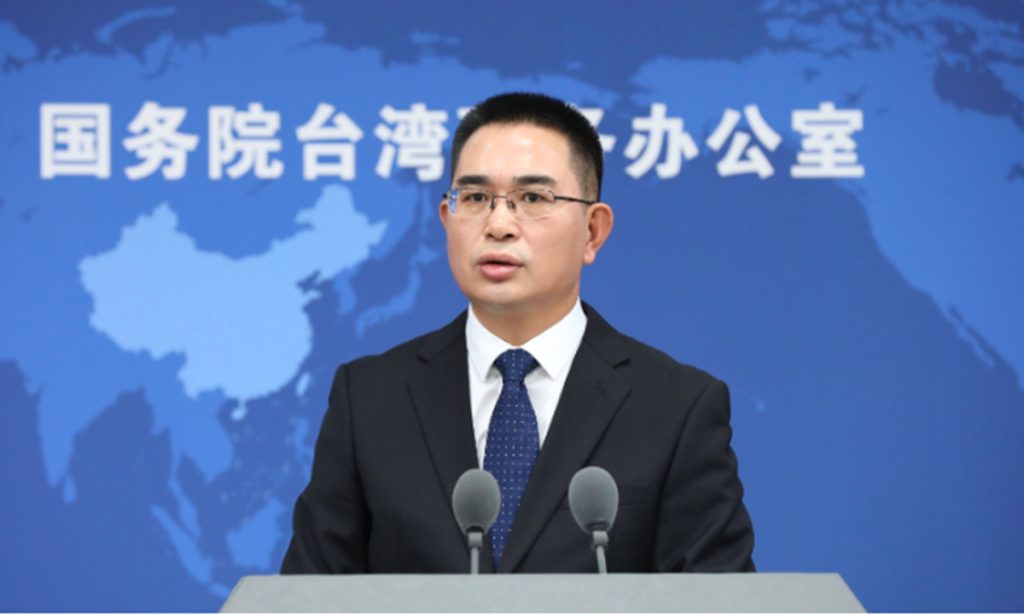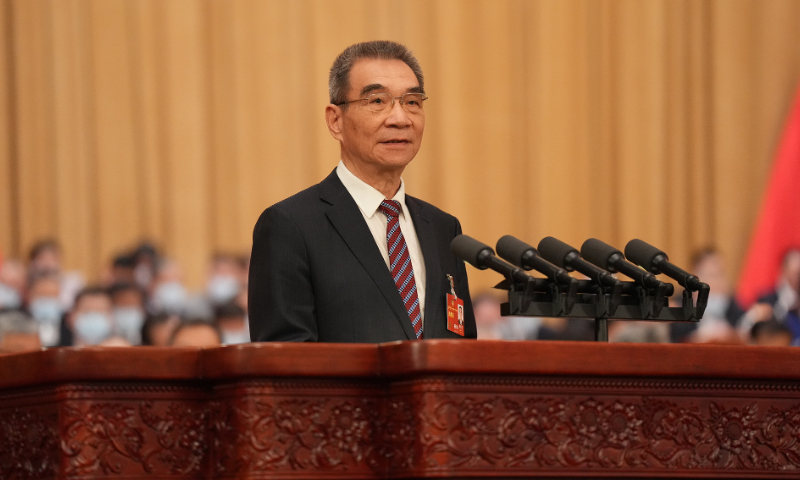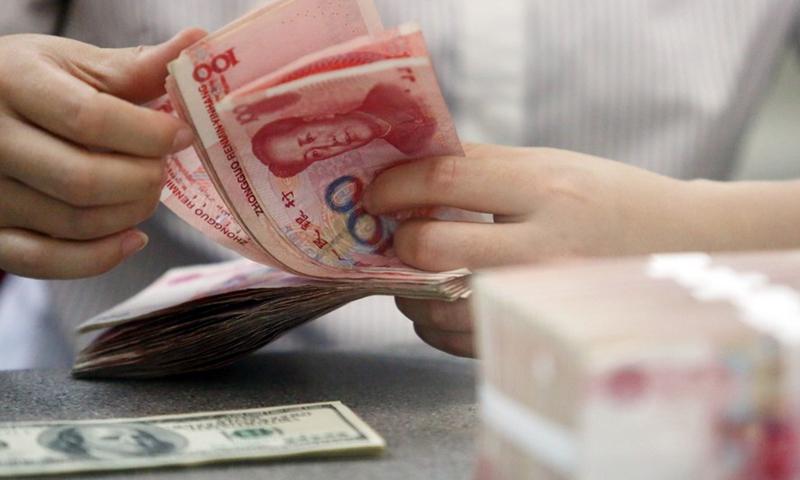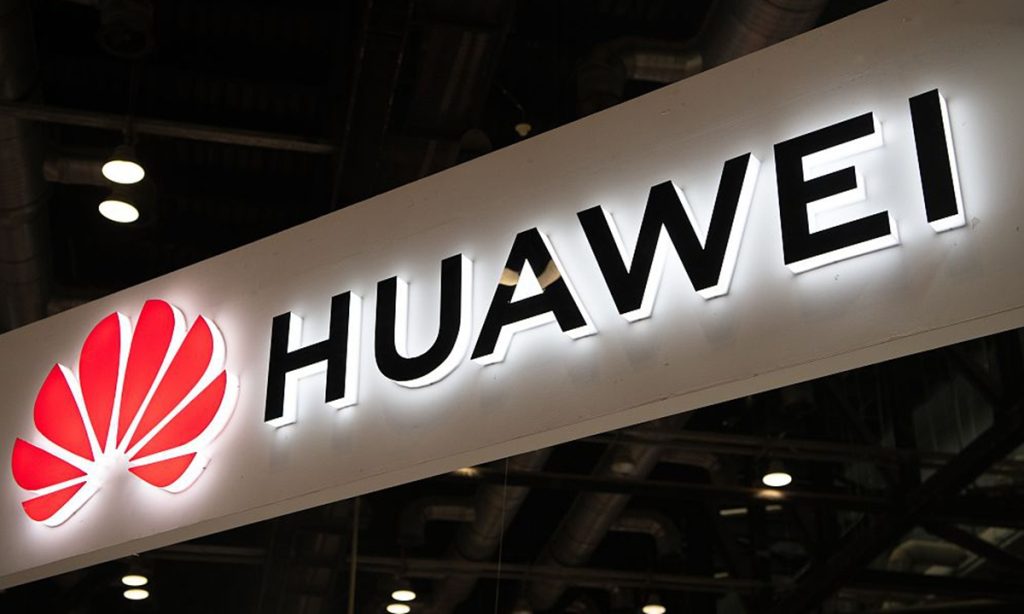Chinese mainland to enhance policy support for Taiwan businesses in developing new quality productive forces

The Chinese mainland will enhance its policy support system to provide greater and more targeted support to businesspeople and enterprises from the island of Taiwan in developing the new quality productive forces, Chen Binhua, spokesperson of the State Council Taiwan Affairs Office, said at a press briefing on Wednesday.
Developing new quality productive forces is an inherent requirement and a key focus for promoting high-quality development. Taiwan businesses are bound to be participants, contributors and beneficiaries in this process, Chen said.
The mainland will maintain consistency and continuity in policy implementation, building a policy support system with greater strength and more targeted measures, Chen said, noting that this includes strengthening the leading role of technological innovation, optimizing factor allocation, and assisting Taiwan businesses in aligning with the direction of a modern industrial system's construction.
During the just-concluded two sessions, the development of new quality productive forces was included in the Government Work Report for the first time. It called for fully leveraging the leading role of innovation, and deeply cultivating and strengthening emerging industries.
By proactively planning for future industries and driving industrial innovation through technological innovation, it will create more opportunities to strengthen industrial cooperation across the Taiwan Straits, Chen noted.
The industries on both sides of the Taiwan Straits complement each other's strengths, Chen said, adding that Taiwan enterprises have technical advantages in advanced manufacturing, new materials and biomedicine. They have a solid foundation in big data and artificial intelligence, as well as extensive experience in modern agriculture and modern services.
Taiwan businesses should seize the opportunities in developing new quality productive forces, actively plan for future industries, participate in the innovative development of the digital economy, benefit from the mainland's rural revitalization policies, and actively contribute to the integrated development across the Taiwan Straits, Chen said.
"Promoting the integrated development across the Taiwan Straits is a long-standing and consistent policy of the mainland," Wang Jianmin, a senior cross-Straits expert at Minnan Normal University in Fujian, told the Global Times on Wednesday.
The mainland's economic development holds numerous business opportunities for Taiwan businesses. Despite certain interference from within the island and by external forces, the overall trend of cross-Straits integrated development will not change, Wang said, adding that Taiwan businesses are highly sensitive to opportunities and are expected to proactively seize the chances.
Additionally, the mainland, especially its coastal provinces, has provided significant policy support for Taiwan residents seeking to study and work in the mainland. There is a clear trend of more youth from the island coming to the mainland for employment and entrepreneurship, Wang said.
According to statistics from the Ministry of Commerce, from January to November 2023, the mainland approved 6,936 new Taiwan-funded projects, up 26.8 percent year-on-year, with actual use of capital from the Taiwan island amounting to $2.69 billion, an increase of 39.9 percent year-on-year.
The mainland economy remains promising despite external uncertainties, with a continued focus on consolidating the long-term positive trend. It will provide broader opportunities for Taiwan compatriots and enterprises to deepen their roots and participate in high-quality development on the mainland, Chen said.








